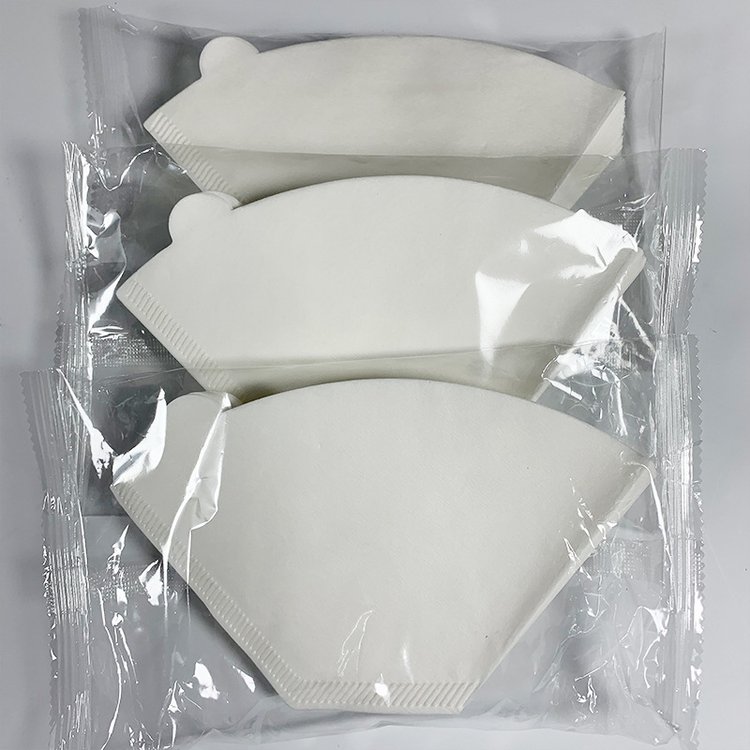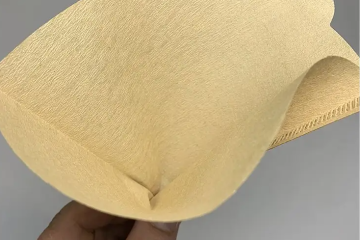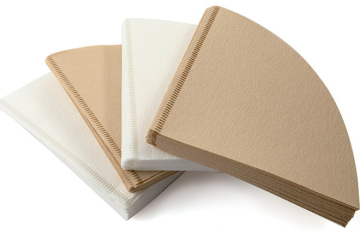As a coffee filter supplier, I’m often asked, “Are bleached coffee filters better?” This is a hotly debated topic within the coffee community. Some insist on the “natural” appeal of unbleached, while others prefer the “clean” appeal of bleached. Today, we’ll discuss the differences between bleached and unbleached coffee filters.

Bleaching Coffee Filters
The bleaching process primarily uses two substances: chlorine and oxygen.
Chlorine bleaching is a traditional chemical bleaching method, but many coffee lovers shy away from it due to the potential for residual chemicals. Furthermore, chlorine-bleached filters are not superior in quality and may even compromise the coffee’s pure taste.
Oxygen bleaching is more highly regarded. It uses an oxidation process to achieve bleaching, leaving no harmful residue and making it more environmentally friendly and safer. If you’re looking for high-quality bleached filters, look for the “TCF” logo on the packaging—it stands for “chlorine-free” and is a guarantee of quality. Unbleached Coffee Filters
Unbleached filter paper retains the original light brown color of the paper pulp. While not as bright and white as bleached filter paper, it’s more natural and environmentally friendly. However, there’s one important prerequisite for using them: they must be rinsed beforehand.
Otherwise, you might notice an undesirable “papery” taste in your coffee. The correct method is simple:
Place the filter paper in the filter cup
Rinse thoroughly with hot water
Discard the rinse water
Add coffee grounds and begin brewing.
This simple step almost completely eliminates the papery taste, allowing you to enjoy the purest coffee flavor.
Does bleached or unbleached coffee filters significantly affect the flavor of your coffee?
There’s always debate about whether bleached or unbleached filter paper affects the flavor of your coffee. However, in my experience, for most coffee drinkers, the difference is negligible. Even experienced coffee aficionados can hardly tell the difference when properly rinsed.
The thickness of the filter paper is what truly impacts coffee flavor. If the filter paper is too thin, the water flow will be too fast, resulting in insufficient extraction and a thin, sour taste.
Thicker filter paper, with a moderate water flow, results in more complete extraction, a fuller, more complex flavor.
Of course, thickness also comes with price—thicker filter paper is generally more expensive, but for that perfect cup of coffee, the investment is worth it.
How to choose your ideal filter paper?
Preferably, choose TCF chlorine-free bleached filter paper, which ensures a pristine white appearance without the worry of chemical residue.
If you choose unbleached filter paper, rinsing is crucial; don’t skip this step.
Thickness is more important than color; choose the right thickness for your brewing style.
Always buy high-quality products.




0 Comments